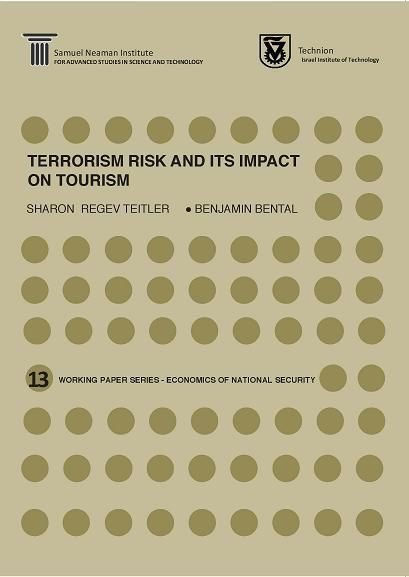Tourism is very sensitive to the occurrence of terror despite the extremely low probability of getting hurt in acts of terror. The study suggests that the high sensitivity of tourists to the occurrence of terror is due to substitution among tourist destinations rather than risk aversion. This conclusion is based on an empirical structural model in which tourists optimally choose among destinations which are potentially subject to terror activity. Counterfactual experiments are conducted to compute elasticities of tourism with respect to terror probabilities and visit costs and welfare losses due to terror both to countries of origin and tourist destinations
 / Publications / Terrorism Risk and their impact on tourism
/ Publications / Terrorism Risk and their impact on tourism











